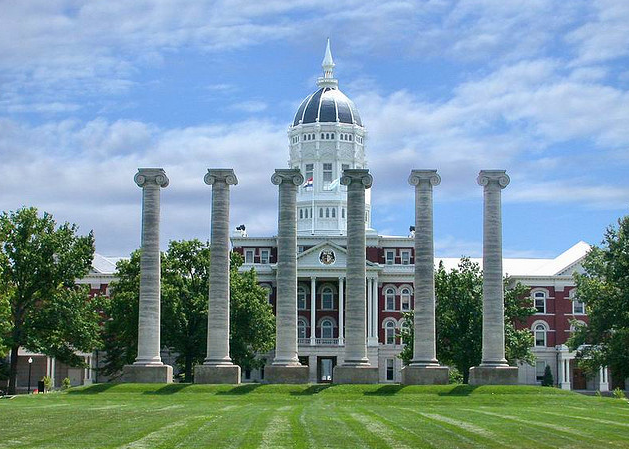REU 2022
Program Overview:
The 2022 REU program is funded by the NSF and designed to bring together undergraduate students from different universities to work together on research projects. At the end of the ten week program, each project group prepares a poster, a research paper, and a final presentation.Program duration: 5/23/2022 (Monday) - 7/29/2022 (Friday)
Faculty mentors:
Dr. Prasad Calyam is an Associate Professor in the Electrical Engineering and Computer Science Department. He also serves as the Director of MU’s Cyber Education, Research and Infrastructure Center. He is an expert in computer networking, cloud computing, cyber security, multimedia applications, and network measurement. He has published over 140 peer-reviewed publications in reputed conferences and journals, and has led development of several open-source software packages. He has graduated 4 PhD students, supervised 5 Postdocs, and he is currently supervising 4 PhD students. He has recruited, funded and mentored over 50 graduate students and 40 undergraduate researchers. He is a Senior Member of IEEE. His research sponsors include: NSF, DOE, ARL, VMware, Cisco, Dell, Verizon, IBM, Huawei, Internet2, and others.
Dr. Yi Shang is a Professor and the Director of Graduate Studies in the Electrical Engineering and Computer Science Department. He has extensive research experience on wireless sensor networks, mobile computing, and artificial intelligence, and has published over 190 journal and conference papers and received 6 patents. He has graduated 9 Ph.D. students and over 60 M.S. students and supervised over 50 undergraduate researchers. He is currently supervising 9 Ph.D., 5 M.S., and 3 undergraduate students. His research has been supported by NSF, NIH, US Army, DARPA, Microsoft Research, Raytheon and Missouri Dept. of Conservation. He helped coordinate previous REU programs as a faculty mentor and Program Director.
Dr. Khaza Anuarul Hoque is an Assistant Professor in the Electrical Engineering and Computer Science Department. He is the Director of the Dependable Cyber-Physical Systems (DCPS) Laboratory with projects funded by NSF and DoD. His research area includes cyber-physical systems, formal methods, cyber security, and safe AI/ML. He has published over 35 peer-reviewed publications. He is currently supervising 4 Ph.D. students, graduated 1 M.Sc. student, and has mentored 3 REU student projects since 2018. He is a senior member of IEEE and a member of ACM and AAAS.
Dr. Kannappan Palaniappan is a Professor in the Electrical Engineering and Computer Science Department. He is a Director of Computational Imaging & VisAnalysis (CIVA), with projects funded by NSF, Army Research Lab, Air Force Research Laboratory, NASA, and NIH. He served as a National Academies Jefferson Science Fellow and received the NASA Public Service Medal. His research covers computer vision, high performance computing, data science and biomedical image analysis. He has published over 250 peer-reviewed publications. He is currently supervising 8 Ph.D. students and 2 Research Scientists, and has mentored over 15 PostDocs, 11 PhD students, 27 MS students and over 30 undergraduate students.
Evaluator, Dr. Jane Howland is a Teaching Professor and the Learning Technologies Program Director for the School of Information Science & Learning Technologies. She is currently working with 6 Ph.D. students and advises all Master's and Educational Specialist students in the Learning Technologies’ Online Education emphasis area. In her role as Learning Technologies Program Director, she is responsible for data collection, analysis, and program evaluation.
Graduate Student Coordinator:
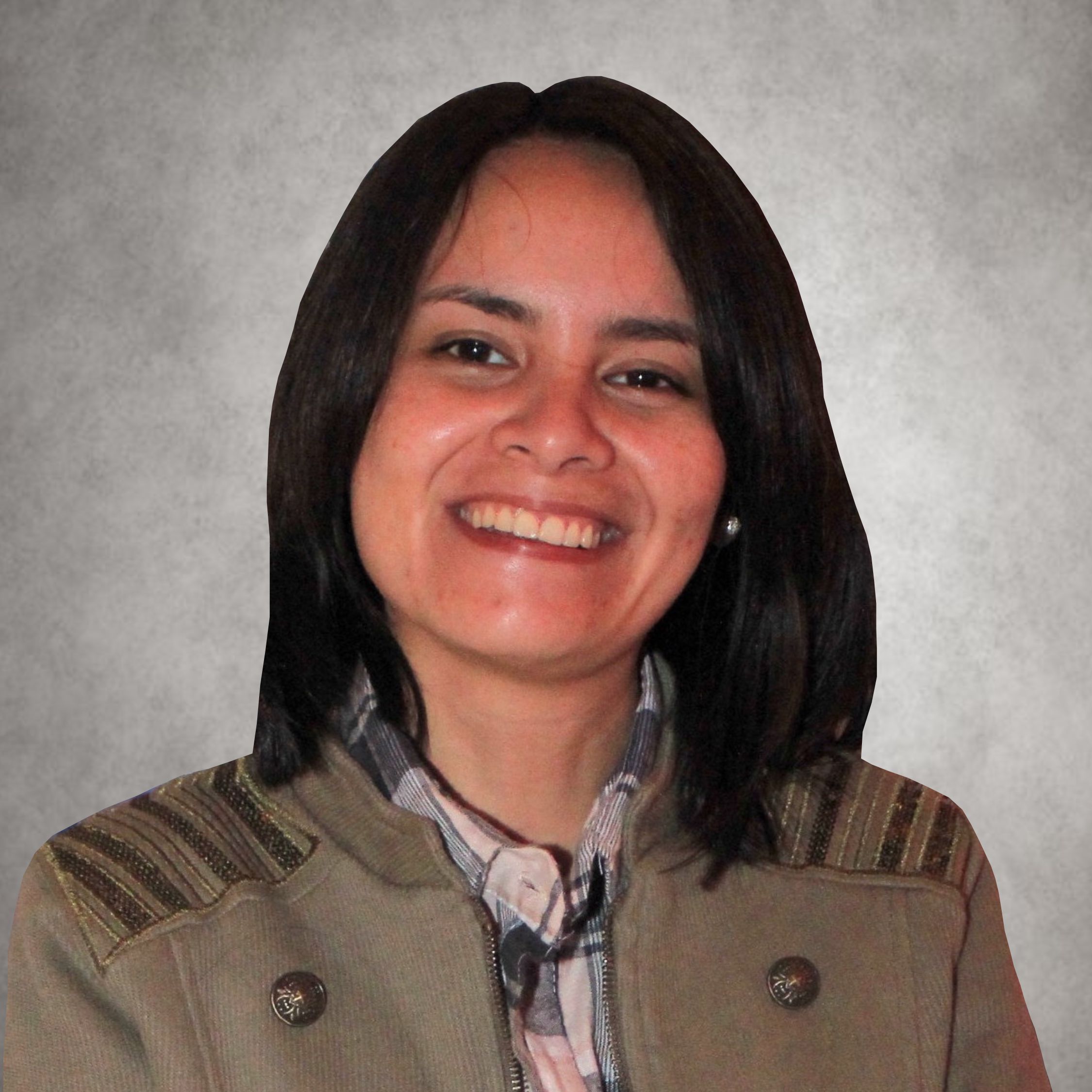
Email: ace6qv@mail.missouri.edu
Phone: +1 (404)804-2412
Student Researchers:

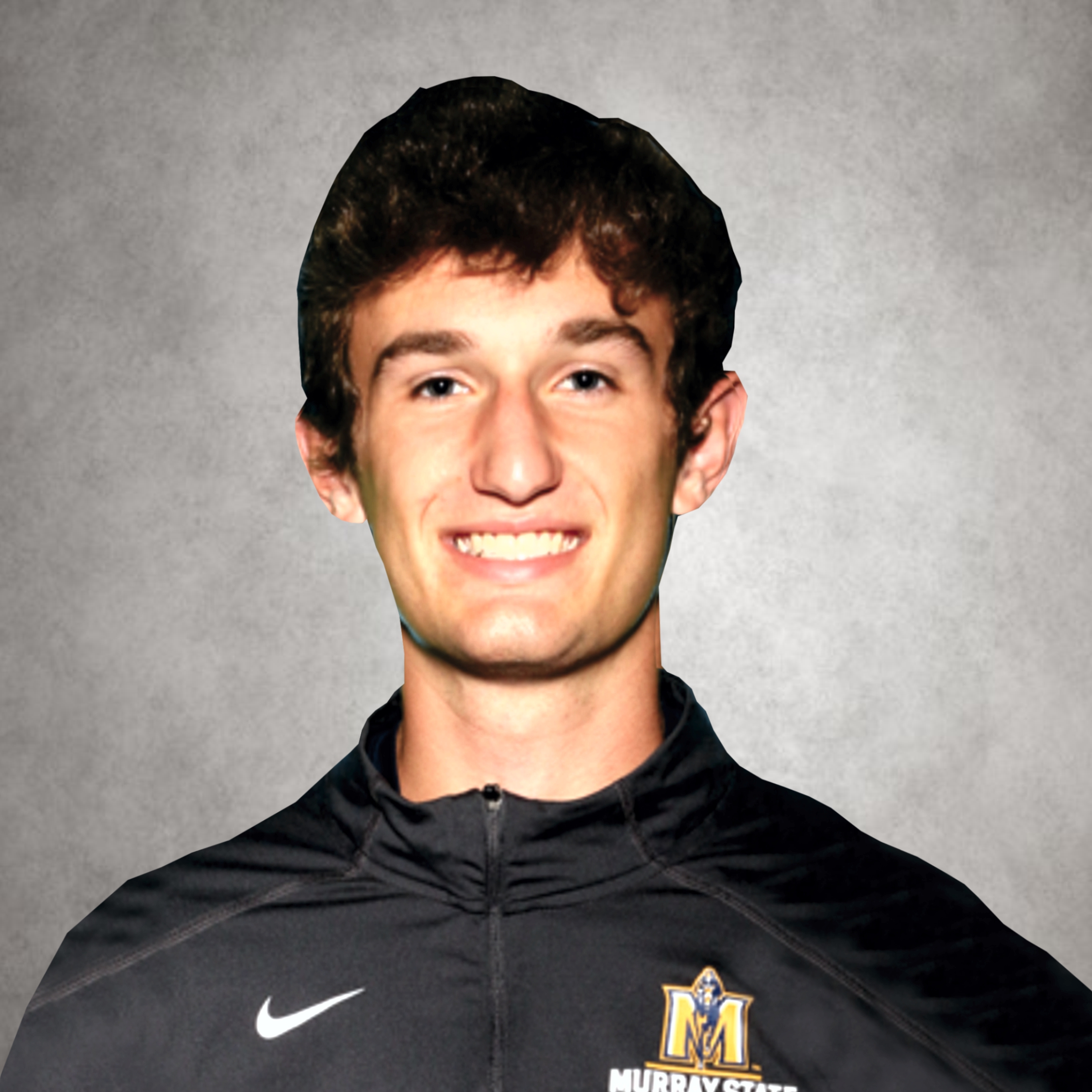
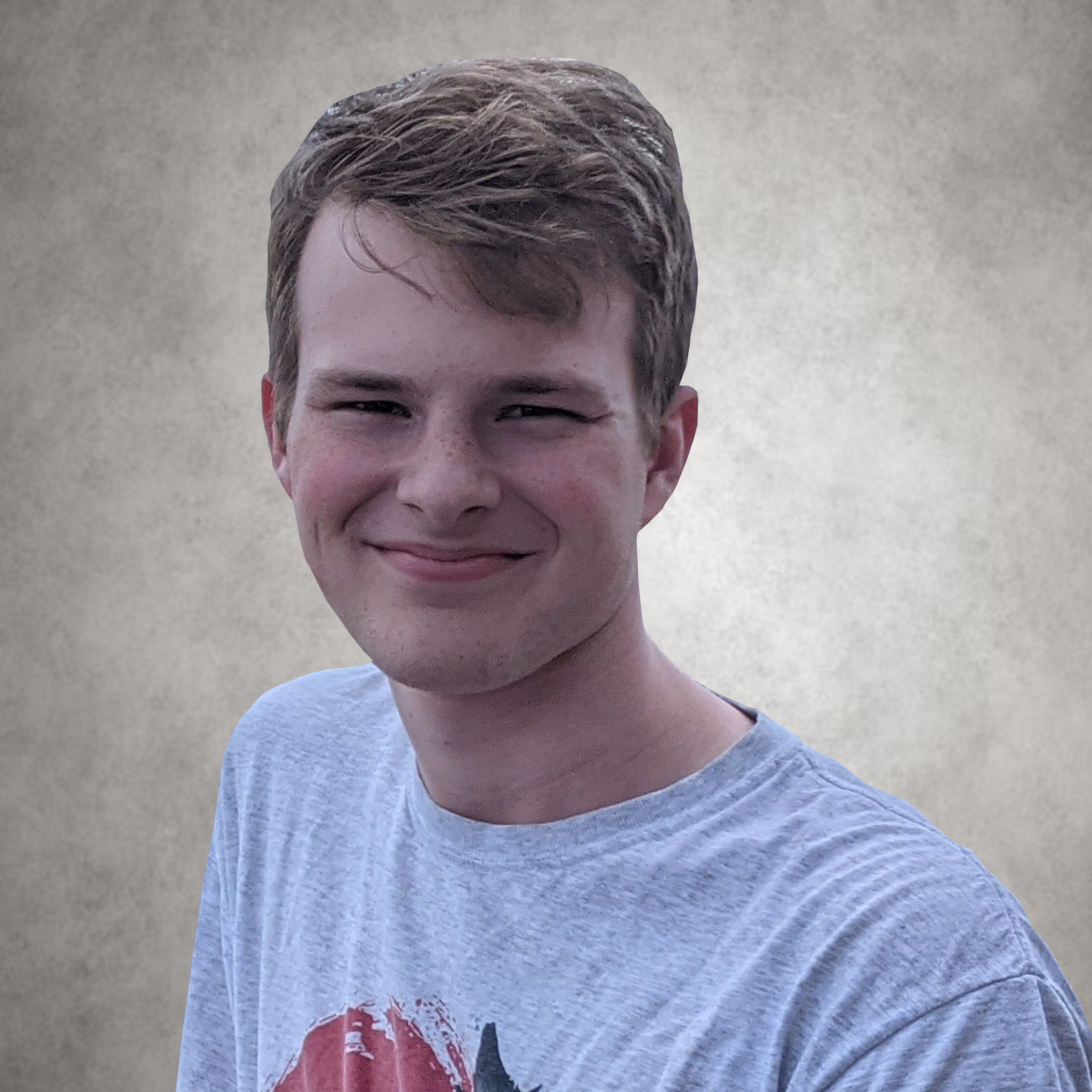
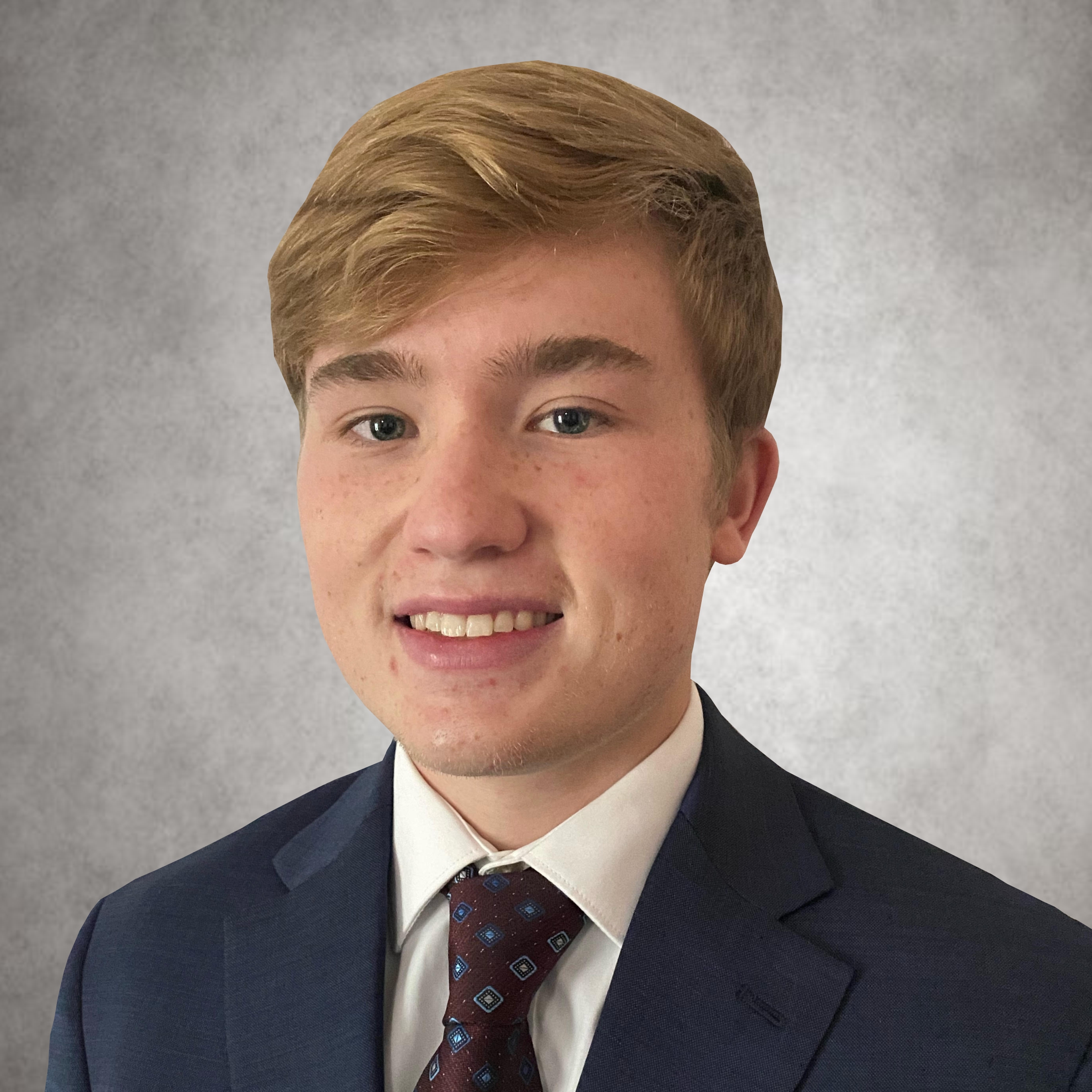


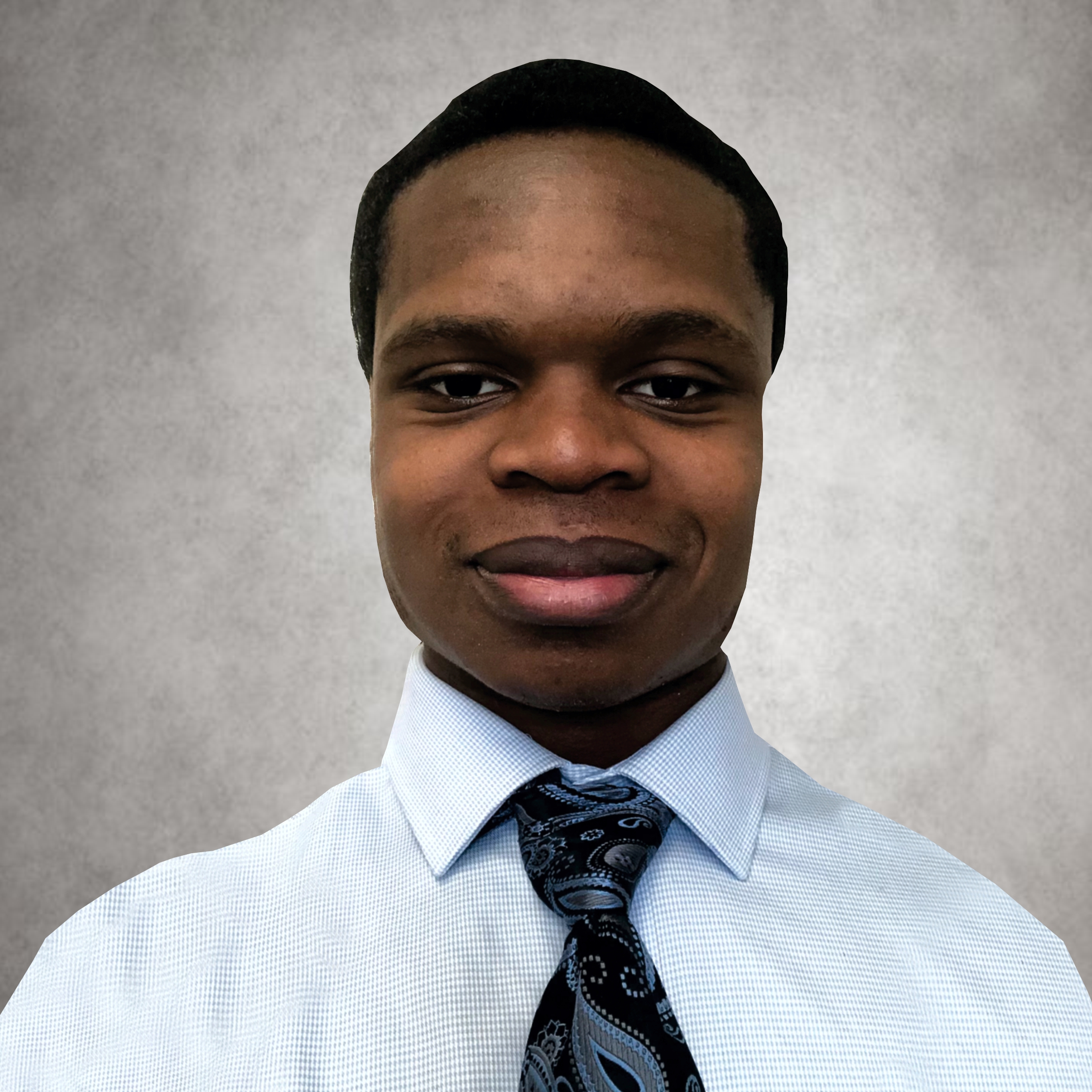
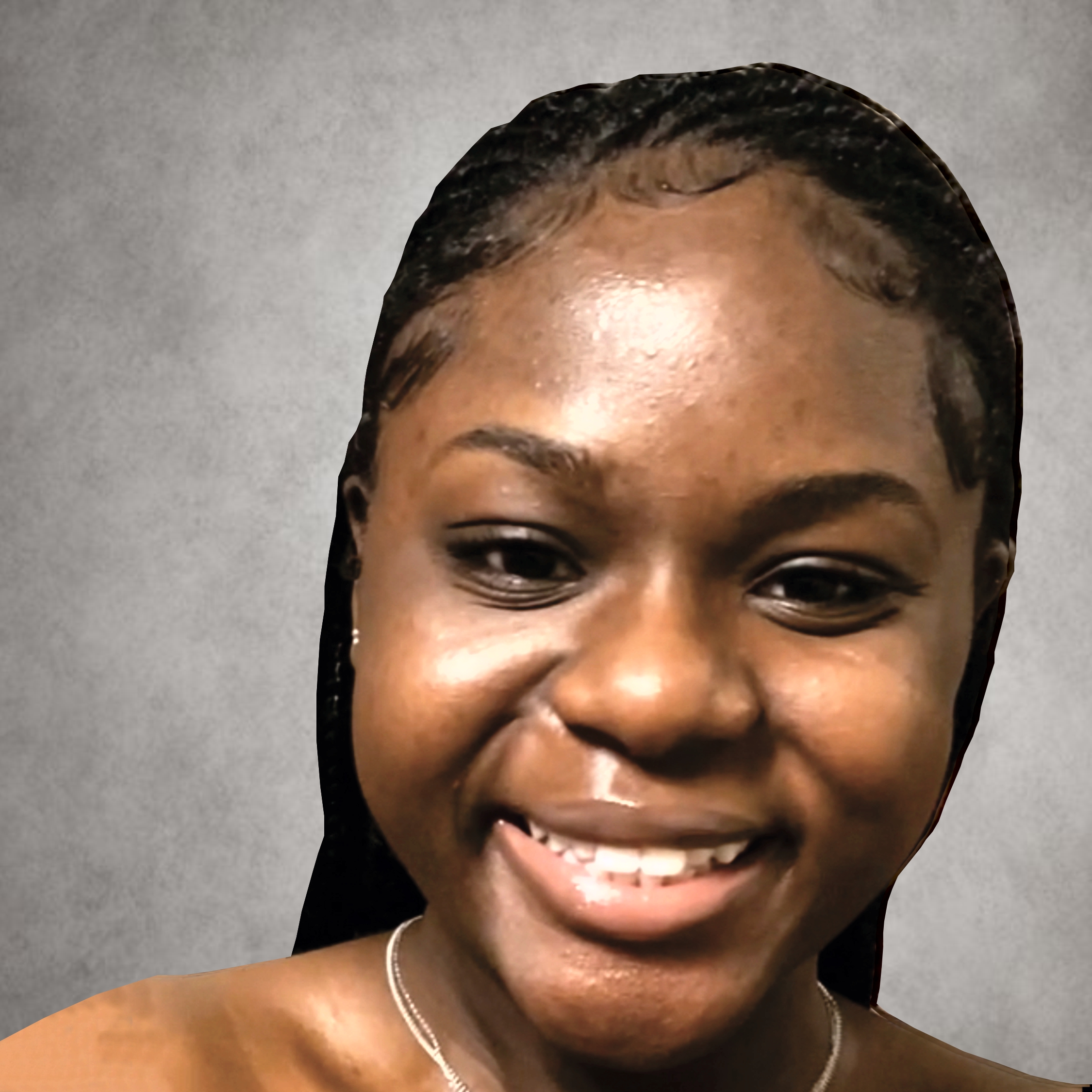
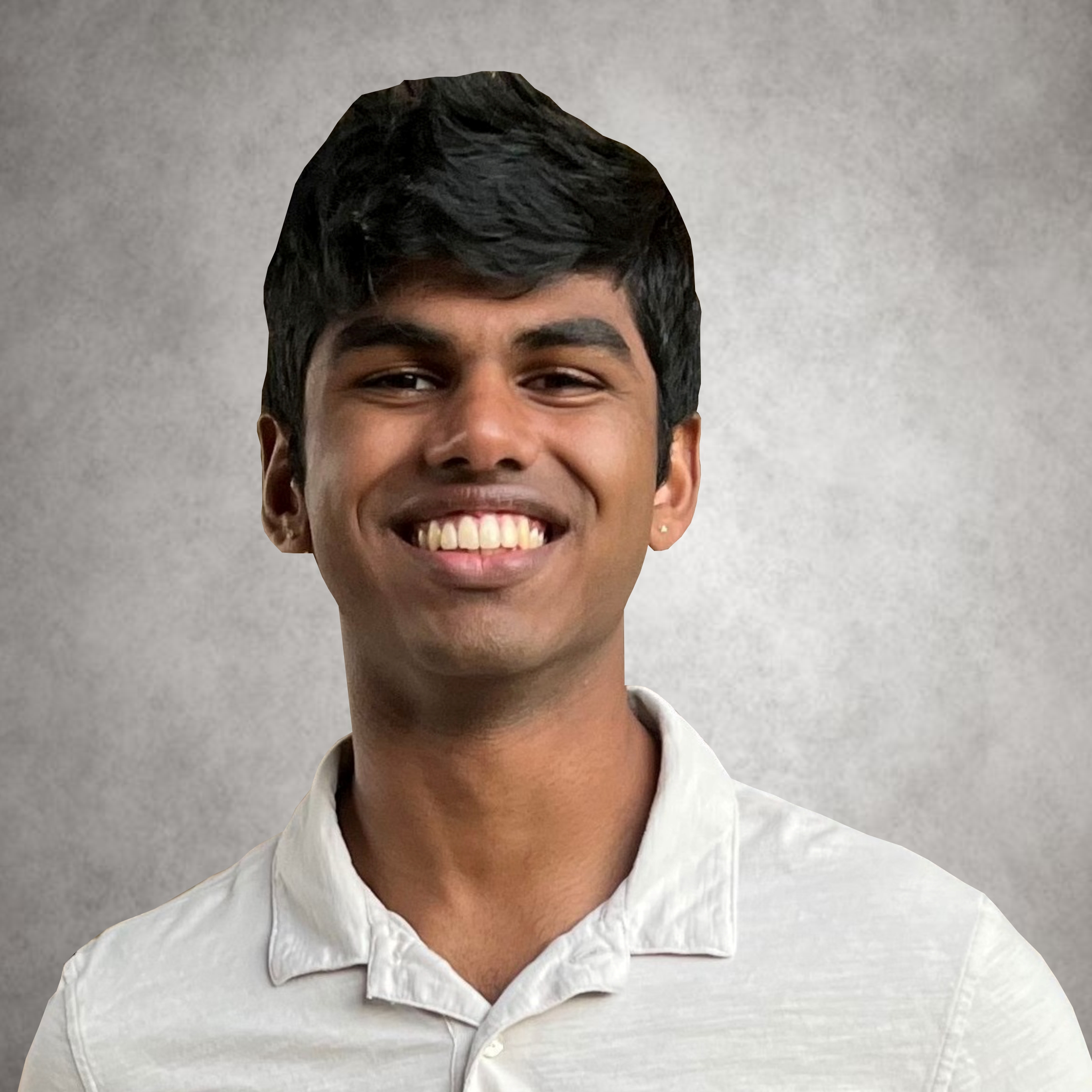
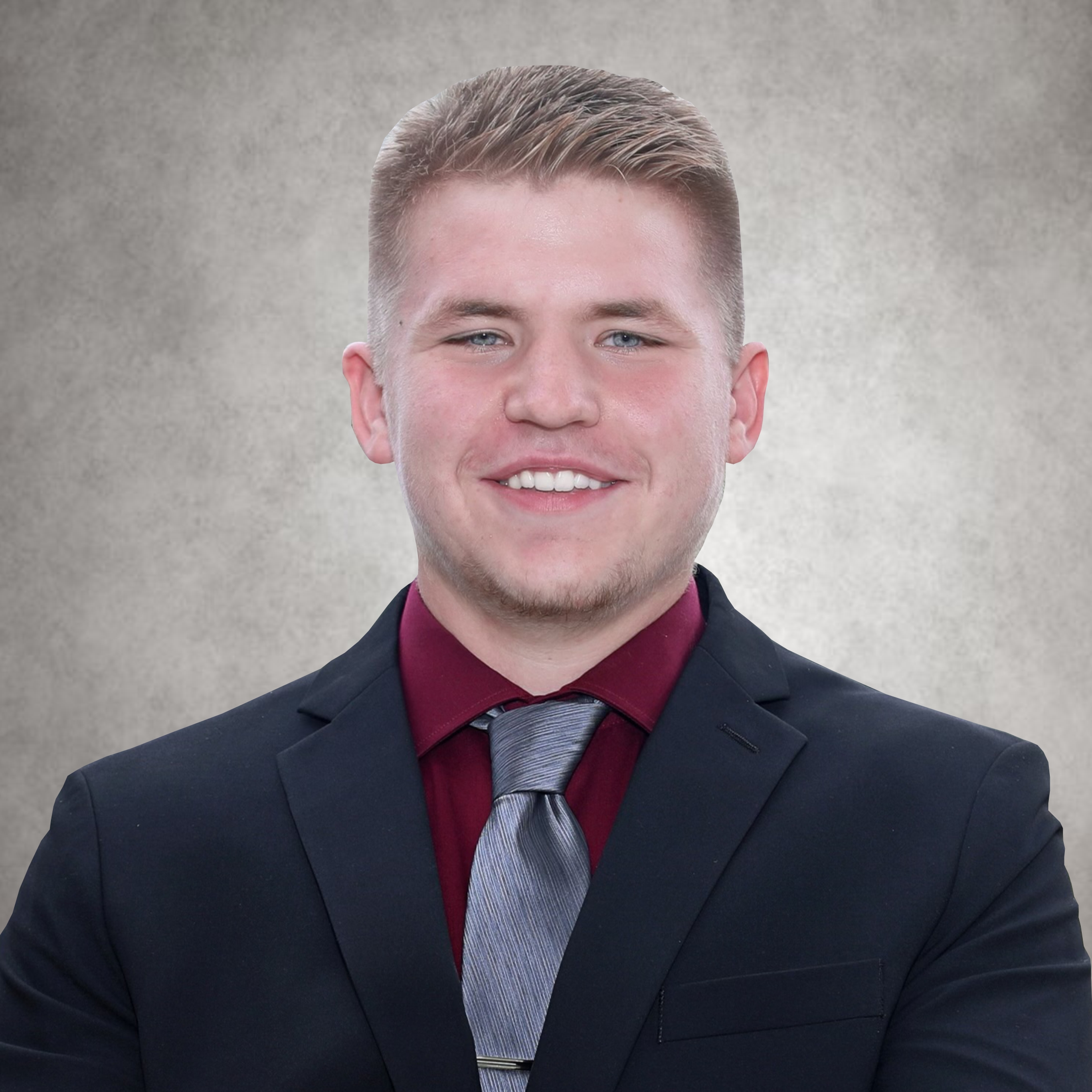
Program Schedule:
- 8 hours, 9am-12pm and 1-6pm in the office or in a lab.
- You are required to sign up a time sheet posted at the office every day.
- Use the Microsoft Teams channel to interact virtually with the REU Site group.
Weekly program meeting:
Tuesday, 10-12pm or 2-4pm, in 222 Naka Hall (unless announced differently). All mentors are welcome to attend.
Weekly research journal of each team due: 5pm every Friday - report daily research activities.
Schedule
| DATE | TIME | ACTIVITY |
|---|---|---|
|
5/23 Monday 222 Naka Hall |
10:00 am - 10:30 am
10:30 am - 11:00 am 11:00 am - 12:30 pm 3:00 pm - 4:00 pm 4:00 pm - 5:00 pm |
Orientation & Welcome
Student Introductions REU Project Presentation by REU mentors Project Team Assignments Pre-survey, paperwork, self-study |
|
5/24 Tuesday 222 Naka Hall |
10:00 am - 11:30 am
2:00 pm - 4:00 pm |
Why & how to do research by Dr. Calyam
a) How to read and write research papers b) How to prepare and give a technical presentation c) Computer science ethics. IRB training. by Dr. Shang |
|
5/25 Wednesday 222 Naka Hall |
10:00 am - 11:30 am
1:00 pm - 2:30 pm |
Computational Imaging & VisAnalysis by Dr. Pal
Cyber Physical Systems by Dr. Hoque |
|
5/26 Thursday 222 Naka Hall |
3:00 pm - 4:30 pm | Software Defined Networking by Dr. Calyam |
|
5/31 Tuesday 222 Naka Hall |
10:00 am - 12:00 pm
2:00 pm - 3:00 pm |
Weekly program meeting - Team project presentation
(project goals, milestones, OKRs, initial literature
survey results). All graduate mentors are encouraged to
attend.
led by Dr. Shang Dr. Shang Tech Talk |
|
6/7 Tuesday |
10:00 am - 12:00 pm 222 Naka Hall 2:00 pm - 3:00 pm 245 Naka Hall |
Weekly program meeting led by Dr. Hoque Dr. Hoque Tech Talk |
|
6/9 Thursday |
1:00 pm - 3:00 pm | MU Data Center Tour by Bill McIntosh |
|
6/14 Tuesday |
10:00 am - 12:00 pm 222 Naka Hall 2:00 pm - 3:00 pm 245 Naka Hall |
Weekly program meeting led by Dr. Pal Dr. Pal Tech Talk |
|
6/16 Thursday |
8:30 am - 9:20 am |
Visit to Columbia Public Schools EEE summer
school, grades 6-8 (co-ordinated by Mr. Matt Leuchtmann) |
|
6/21 Tuesday |
10:00 am - 12:00 pm 222 Naka Hall 2:00 pm - 3:00 pm 245 Naka Hall |
Weekly program meeting led by Dr. Calyam Dr. Calyam Tech Talk |
|
6/28 Tuesday 222 Naka Hall |
10:00 am - 12:00 pm |
Weekly program meeting- Midterm presentation Midterm report in IEEE LaTeX style due led by Dr. Calyam |
|
7/5 Tuesday 222 Naka Hall |
10:00 am - 12:00 pm |
Weekly program meeting by Dr. Pal |
|
7/12 Tuesday 222 Naka Hall |
10:00 am - 12:00 pm |
Weekly program meeting by Dr. Hoque |
|
7/19 Tuesday 222 Naka Hall |
10:00 am - 12:00 pm |
Weekly program meeting (Abstract Submission for Poster Forum) led by Dr. Shang |
|
7/27 Wednesday 222 Naka Hall |
10:00 am - 12:30 pm |
Final presentation Final report in IEEE LaTeX style due led by Dr. Calyam and Dr. Shang |
| TBD | 10:00 am - 3:30 pm |
Poster Forum (MU Summer Undergraduate
Research and Creative Achievements Forum) |
|
7/29 Friday 222 Naka Hall |
10:00 am - 12:00 pm | Post-survey, wrap-up |
NOTE: We encourage students to consider submitting their final project reports as papers (full papers, or short papers) to venues such as: the annual National Workshops for REU Research in Networking and Systems (REUNS), IEEE CCNC, IEEE ICNC, IEEE NCA and others with July/August 2022 deadlines.
Projects
- Ensemble learning-based ML methods for Cybersickness detection and classification in Virtual eality Advisors: Dr. Prasad Calyam, Dr. Khaza Anuarul Hoque Graduate Student Mentors: Ripan Kumar Kundu Research Students: Osama Elsaid, Robby Criswell Abstract: Virtual reality (VR) has gained immense popularity in recent years and has been adopted in a wide variety of applications including medical training, education, national defense, public safety/disaster management, and many more. Specifically, in the current COVID-19 pandemic situation, VR offers a tremendous prospect for remote learning as realistic collaboration workspaces and the coping strategies for mental wellness for the adults as it can provide a sense of human presence. However, VR users often experience cybersickness which is a set of unpleasant symptoms such as eyestrain, headache, nausea, disorientation, etc. Such cybersickness-related discomforts possess a significant threat to user immersive experience (UIX) and thus, there is a dire need of predicting cybersickness in real-time.
- Large-scale IoT Security Automation via Intelligent Agents in Edge/Cloud Platforms Advisors: Dr. Prasad Calyam Graduate Student Mentors: Roshan Lal Neupane Research Students: Shaynoah Bedford, Shreyas Prabhudev, Trevor Zobrist Abstract: Internet of Things (IoT) networks are increasingly use it in critical application domains such as healthcare, manufacture, finance, smart homes, etc. The use of heterogeneous resource-constrained devices and real-time requirements in these applications cause attack surfaces that are being exploited by sophisticated modern attacks causing loss of confidentiality, integrity, and availability. Large scale threat detection and mitigation in these application systems create a complex set of challenges for network operators and application/service owners, which cannot be solved via the manual and trial-and-error processes in current practice. Consequently, there is a need to design large-scale security automation techniques that involve Artificial Intelligence (AI) based techniques whose computation offloading is performed on edge servers and security policy updates are dynamically deployed at the IoT system gateway.
- Collaborative VR Environments Shared Between CAVE and HoloLens2 Advisors: Dr. Kannappan Palaniappan, Dr. Prasad Calyam Graduate Student Mentors: Jaired Collins, Nick Allegretti Research Students: Benjamin Philip Hall Murray, Joseph Kessler, Osay Edo-Ohonba Abstract: Virtual environments are rapidly changing as innovations in component technologies offer new opportunities for increased immersion. Game engine software like Unity and Unreal Engine5 (UE5) provide photorealistic rendering and accurate physics, while also providing plug-in support for many assets, including modeling and dynamics in virtual environments. We have shown that a dense point cloud made with a state-of-the-art computer vision-based reconstruction method can be reliably transformed into a 3D triangular-mesh model using open source meshing algorithms, and then textured for use in Unity or UE5 for viewing in the University of Missouri CAVE large space or HoloLens head-worn virtual environments.
- Transmitting Information with Global-Designation of Emergency Routes (TIGER): A Framework for UAV Swarm-Based Applications Advisors: Dr. Prasad Calyam Graduate Student Mentors: Alicia Esquivel Morel Research Students: Michael Miller, Anvitha Ramachandran Abstract: The advent of Software-Defined Networking (SDN) enables the development of the network landscape by providing flexibility for the programmer through isolating the control from the data plane. A programmable data plane allows the manipulation and the configuration of the network traffic, specifically in match and action tables. The main disadvantage of non-programmable data planes, such as SDN, include the fixed number, and the format of packet headers supplied by the implementation of hardware. Also, in the communication aspect, the data plane and the control plane result in a high-level latency between decisions and reconfigurations. A programmable data plane provides a more flexible methodology to control the packet data processing at the data transmission speed of a communication line or a network. This project proposes a framework targeted toward UAV swarm systems utilizing SDN and programmable data planes, specifically employing the capabilities of the Programming Protocol-independent Packet Processor (P4) language.
Resources
Computer networks basics
Research advice
- Watch Advice to young scientists
- Why and How to do research
- How OKRs work in Google
- How to read a research paper
- How to write a research paper
- How to present a scientific talk
- How to build a research system
- Why to write the paper first
- How to give a talk
Software-Defined Networking related materials
- Watch Software Defined Networking
- GENI https://www.geni.net
- Open Networking Foundation https://www.opennetworking.org
- Leveraging OpenFlow for Resource Placement of Virtual Desktop Cloud Applications
- VDC-Analyst: Design and Verification of Virtual Desktop Cloud Resource Allocations
- Orchestrating Science DMZs for Big Data Acceleration: Challenges and Approaches
- Dolus: Cyber Defense using Pretense against DDoS Attacks in Cloud Platforms*
Computer Science Ethics
- Code of Ethics, ACM
- Computer and Information Ethics, Stanford Encyclopedia of Philosophy
IRB training (http://research.missouri.edu/irb/CITI_Instructions) to receive IRB certification
- Responsible Conduct of Research courses
- Human Subject Research courses
LaTeX resources
- Use IEEE publication LaTeX or Overleaf to typeset your report.
- MikTex as the LaTeX compiler, http://miktex.org/
- Texmaker as the Editor Environment, http://www.xm1math.net/texmaker/
- Tutorial: https://www.latex-tutorial.com/tutorials
Prior REU project examples as best practices to follow:
 Sponsored by the National Science Foundation
(Award CNS-1950873)
Sponsored by the National Science Foundation
(Award CNS-1950873)
 Hosted by the University of
Missouri
Hosted by the University of
Missouri
